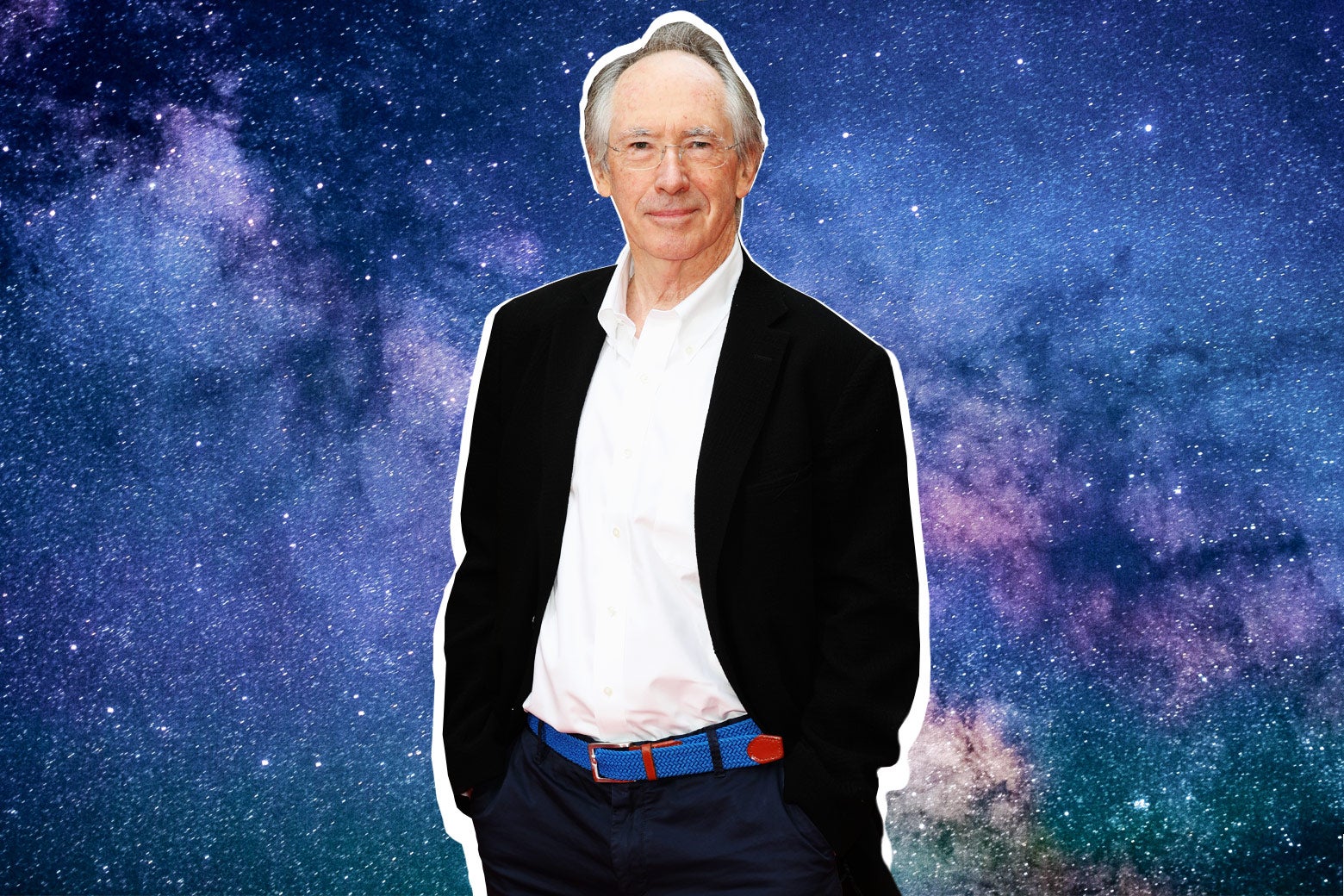

The imagination, fleeter than history, than technological advance, had already rehearsed this future in books, then films and TV dramas, as if human actors, walking with a certain glazed look, phony head movements, some stiffness in the lower back, could prepare us for life with our cousins from the future. And I was there as a young man, an early and eager adopter in that chilly dawn.īut artificial humans were a cliché long before they arrived, so when they did, they seemed to some a disappointment. In the autumn of the twentieth century, it came about at last, the first step towards the fulfilment of an ancient dream, the beginning of the long lesson we would teach ourselves that however complicated we were, however faulty and difficult to describe in even our simplest actions and modes of being, we could be imitated and bettered. More practically, we intended to devise an improved, more modern version of ourselves and exult in the joy of invention, the thrill of mastery.

In loftiest terms, we aimed to escape our mortality, confront or even replace the Godhead with a perfect self. As soon as it was feasible, we had no choice but to follow our desires and hang the consequences. Our ambitions ran high and low – for a creation myth made real, for a monstrous act of self-love. It was religious yearning granted hope, it was the holy grail of science.


 0 kommentar(er)
0 kommentar(er)
